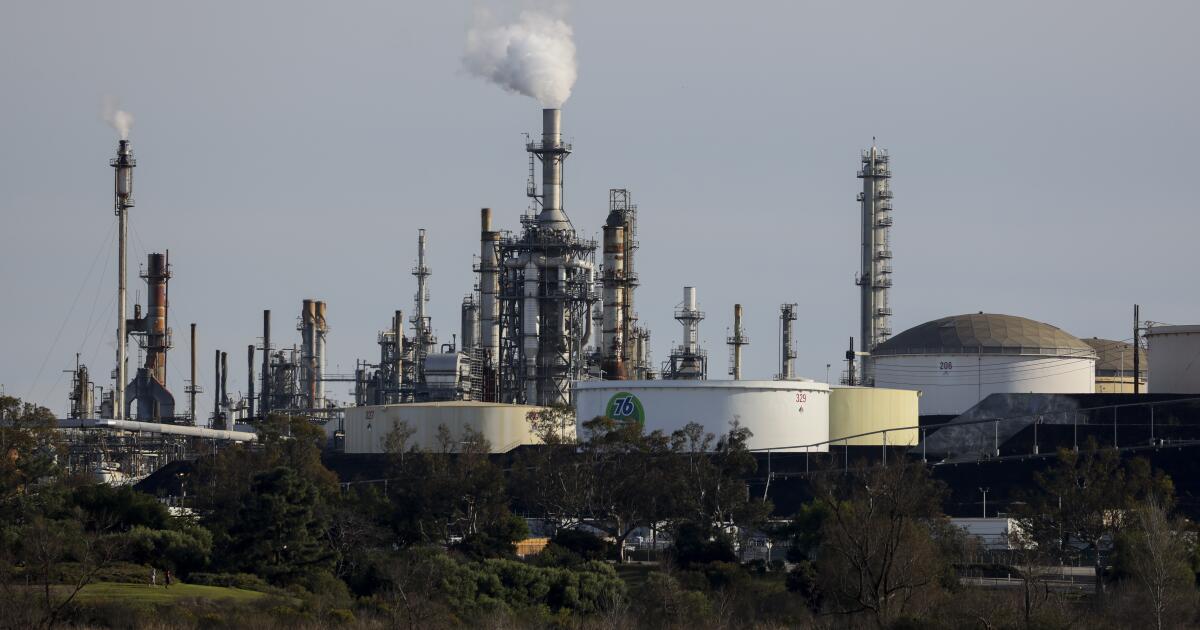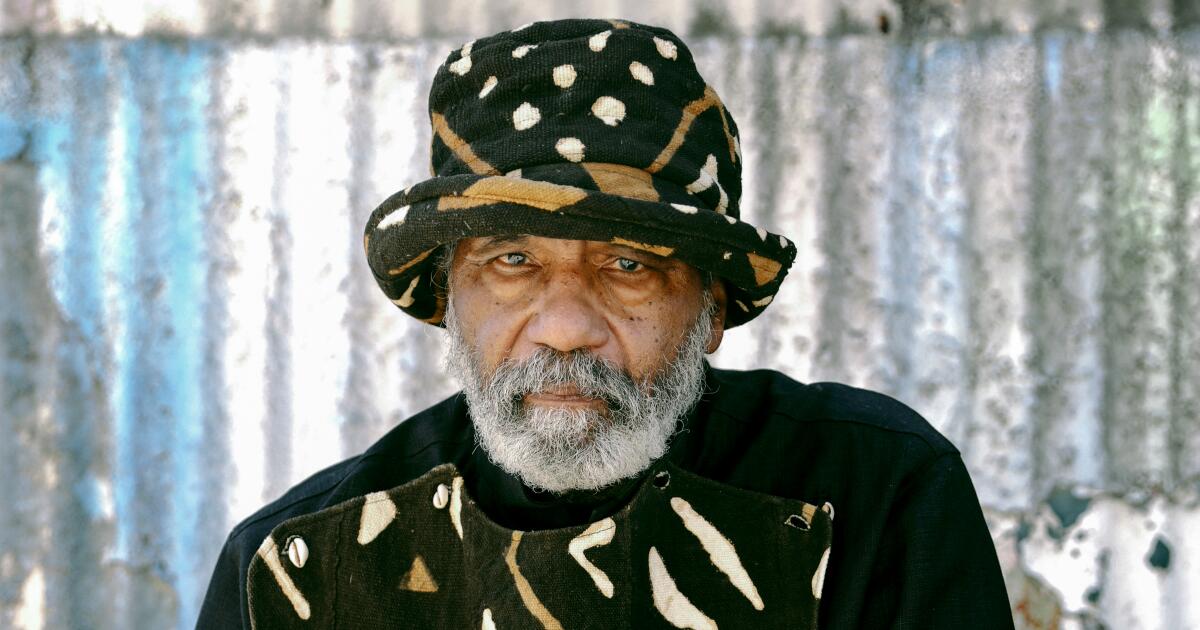The boss of the world’s largest publicly listed oil tanker operator has accused the UN maritime rule-setting body of “sleeping behind the wheel” over the growing dark fleet of unregulated vessels, saying it is “only a question of time” before a significant disaster takes place.
Lars Barstad, chief executive of Frontline, also criticised European governments for failing to enforce rules meant to curtail trading in Russian oil, saying they were worried about forcing up energy prices.
The number of dark fleet vessels has grown to about a fifth of the world fleet after Russian-linked owners bought up hundreds of ageing ships to circumvent western countries’ curbs on the country’s oil trade.
The potential for disaster was illustrated in July when the Hafnia Nile, a tanker operated by Singapore-based Hafnia, collided with the Ceres I, a dark fleet vessel carrying Iranian oil, in waters off Malaysia.
According to a subsequent US Treasury sanctions notice against the Ceres I’s owners, at the time of the collision the vessel’s radar system was broadcasting an inaccurate location — a common tactic for dark fleet ships trying to conceal their activities.
Dark fleet vessels, which carry oil from Iran and Venezuela as well as Russia, are generally the property of offshore companies whose ownership is unclear and often lack adequate insurance. They are frequently registered under the flags of countries that do little to enforce rules about regular safety inspections.
Barstad said he was “very, very concerned” about the growth of the dark fleet, which he said had incentivised a number of “lawbreaking operators” to make an “insane amount of money”.
He added that the International Maritime Organization (IMO), the UN body, was doing too little to ensure enforcement of its safety and environmental rules.
“All these vessels . . . are trading outside the IMO framework,” Barstad said. “They have been sleeping behind the wheel now for quite some time in respect of tankers.”
There had been reports of other, unconfirmed incidents besides the Ceres I collision, Barstad added. “I’m very surprised we’ve not had more incidents like this,” he said. “I think it’s only a question of time until we get a big one.”
A vessel such as the Ceres I — which was carrying 2mn barrels of crude oil — could be split in two in a future incident, he said.
“That would be in the environment a bigger problem,” Barstad said. “It can happen any day — and then the biggest problem is that, if that happens, nobody will know who actually owns the ship or the cargo.”
Shipowners that complied with the regulations, such as Frontline, were facing disadvantages because so many others were operating with lower costs in unregulated dark fleets, Barstad added. He said that reflected politicians’ lack of willingness to enforce the sanctions.
“Politicians have decided not to take the political risks,” Barstad said, adding that he thought many feared higher energy prices if oil from Russia, Iran and Venezuela were truly excluded from international markets.
There have been persistent suggestions that countries such as Denmark — which controls the entrance to the Baltic — and countries by the English Channel should inspect and take into custody tankers sailing past their coasts without proper insurance.
Barstad declined to single out particular states but said: “It seems extremely halfhearted the way enforcement has been done. A tough position should be taken if one is serious about this.”
The IMO said in response to Barstad’s criticism that its general assembly passed a resolution in late 2023 calling on member states to take tougher action over fraudulent registration of ships and to step up inspections of vessels in port.
It also said member states had the responsibility to ensure that vessels flying their flag followed the required rules and to ensure ships visiting their ports did so.




































